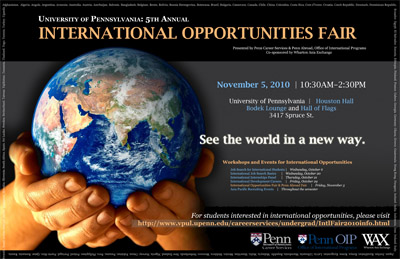by Todd Rothman
As any law school applicant knows (or should know!), the law school admissions process is a rolling admissions process. Put simply, this means that law schools read, review, and evaluate the applications they receive in the order in which they were completed – not necessarily when they were initially submitted, but completed. Not mostly completed, but completed. Not everything-except-my-[Dean’s Letter/second letter of recommendation/December LSAT score], but completed.
The rolling admissions process can either work to an applicant’s advantage, if he/she has been steadfast and systematic in his/her planning and executing, and lead to a stress-free Thanksgiving (family members asking you about your law school/career plans, notwithstanding) and even to some early-than-expected decisions. Alternately, it can make an already stressful process that much more stressful, complete with the ticking-clock feeling that the likelihood of attending your dream law school is slipping away. Combine that feeling with the logistical realities of this time of year – final exams and papers for seniors and graduate students, end-of-year professional deadlines and obligations for those in the work force, and a seemingly-endless stream of holiday/family events – and the panic to complete law school applications seems justified, if not appropriate, right? Wrong. Here’s why.
 For anyone who has ever met with me for a pre-law advising appointment, you will probably recall that I encourage having the end of October (or Halloween) be your target date for completion. But it’s a target date – a goal to shoot for in an ideal world – not a hard-and-fast deadline after which your law school hopes and dreams will be incontrovertibly squelched. The truth is, my advice in this context builds in some time for the unexpected and undesirable to happen, as it inevitably can despite the best and earliest of intentions.
For anyone who has ever met with me for a pre-law advising appointment, you will probably recall that I encourage having the end of October (or Halloween) be your target date for completion. But it’s a target date – a goal to shoot for in an ideal world – not a hard-and-fast deadline after which your law school hopes and dreams will be incontrovertibly squelched. The truth is, my advice in this context builds in some time for the unexpected and undesirable to happen, as it inevitably can despite the best and earliest of intentions.
While completing your law school applications sometime in September and October is ideal, a November or December completion is certainly not late by any stretch of the imagination. Let me repeat that for the cheap seats: a November or December completion is certainly not late by any stretch of the imagination. The fact is that it can be rather difficult – especially for October LSAT takers, which is the most popular test date historically – to complete by Halloween, especially since completion involves both components in your control (individual applications, personal statements, resumes, assorted addenda and supplemental essays) and outside of your direct control (letters of recommendation from busy professors and supervisors can often betray even the best-laid plans). If I cited Thanksgiving as a target date – or even, Winter Break/Holidays as a target date – then the unexpected and undesirable could translate into completion over the Martin Luther King, Jr. holiday or, even worse, Valentine’s Day. And there’s already enough stress and pressure around Valentine’s Day.
So for those of you who are still working on your law school applications for this cycle, take a deep breath and keep the following in mind:
- While timing is certainly a factor to take seriously, strong applicants are strong applicants, period. Admissions Committees will prefer a solid, thoughtful, carefully-proofread application completed on December 15 over an application clearly completed in a state of frazzled panic and duress before Thanksgiving… or even Halloween.
- Do not neglect your current academic and professional responsibilities. Especially for college seniors and graduate students in the application process, your Fall semester grades will almost certainly come into play in the admissions process at this point. You don’t want your laser-beam focus on completing your law school applications to translate into a poor performance on your final exams and term papers.
- Your pre-law advisors are here to help, so feel free to check in with us – via email, by telephone, or in person – as you work to put the last touches on your applications.
Happy completing (and proof-reading)!








